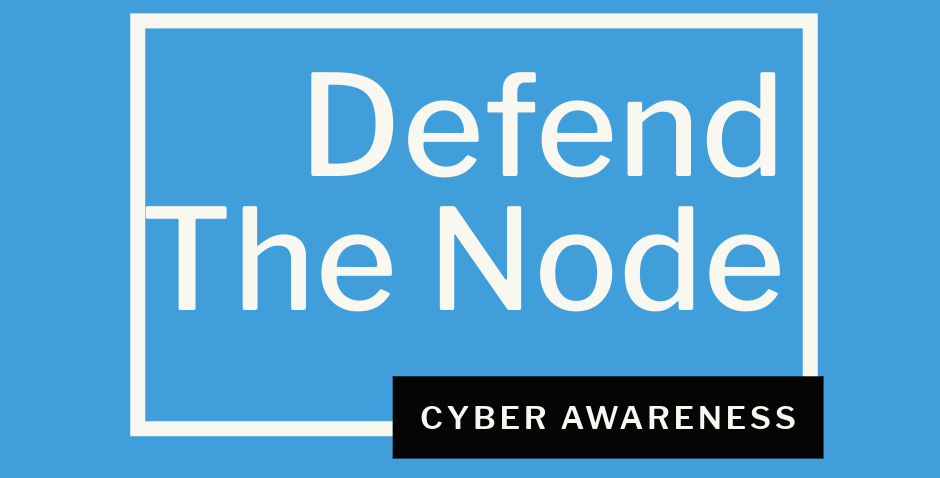Scams are evolving faster than ever. From phishing emails to investment frauds, scammers are constantly finding new ways to exploit unsuspecting individuals. Whether you’re browsing online, checking emails, or using your smartphone, it’s crucial to stay informed about the most common types of scams and how to prevent them. In this guide, we’ll walk you through the top scams in 2025 and practical tips to protect yourself.
1. Phishing Scams
Phishing remains one of the most common online scams. Cyber criminals send fake emails or messages pretending to be from legitimate companies, banks, or even government agencies. Their goal? To trick you into revealing personal information like passwords, credit card numbers, or Social Security details.
How to prevent it:
- Never click on suspicious links or attachments.
- Double-check the sender’s email address.
- Use multi-factor authentication on important accounts.
- Always visit official websites by typing the URL directly.
2. Social Media Scams
Scammers now use platforms like Facebook, Instagram, and Twitter to lure victims. Fake giveaways, impersonation profiles, or fraudulent investment opportunities are common tactics. Often, scammers create convincing accounts that look like real businesses or social media influencers.
How to prevent it:
- Be cautious of messages from unknown profiles.
- Verify official accounts before interacting.
- Avoid sharing personal or financial details in DMs.
- Report suspicious profiles to the platform immediately.
3. Online Shopping Scams
With the rise of e-commerce, fake online stores have become more common. These sites often advertise heavily on social media, offering unbelievable deals on electronics, clothing, or accessories — only to deliver poor-quality products or nothing at all.
How to prevent it:
- Shop only from trusted, well-reviewed websites.
- Look for HTTPS in the website URL.
- Read customer reviews before purchasing.
- Use secure payment methods like credit cards or PayPal.
4. Tech Support Scams
You might get a pop-up on your screen saying your device is infected, or a call claiming to be from “Microsoft” or “Apple.” These scammers try to gain remote access to your computer and demand payment for fixing nonexistent issues.
How to prevent it:
- Never trust unsolicited tech support calls.
- Don’t give remote access to strangers.
- Install antivirus software and keep your system updated.
- Always verify tech support through official channels.
5. Investment and Cryptocurrency Scams
Fake investment opportunities are booming, especially in the cryptocurrency space. Scammers promise high returns with little risk, often using fake testimonials and charts. Ponzi schemes, pump-and-dump scams, and fake ICOs are common in this category.
How to prevent it:
- Avoid get-rich-quick schemes.
- Research thoroughly before investing.
- Only use licensed brokers and verified platforms.
- Don’t trust unsolicited investment advice on social media or messaging apps.
6. Romance Scams
In romance scams, fraudsters build emotional relationships with victims online, only to eventually ask for money. They often pose as military personnel, doctors, or business people working abroad.
How to prevent it:
- Be cautious of people who avoid video calls or personal meetings.
- Don’t send money to someone you’ve never met.
- Look out for red flags like sudden emergencies or requests for gift cards and wire transfers.
7. Job and Work-from-Home Scams
Scammers post fake job listings or remote work offers, asking applicants to pay for training materials or upfront fees. Some even collect your personal data for identity theft.
How to prevent it:
- Avoid jobs that ask for money upfront.
- Research the company before applying.
- Trust your gut—if it sounds too good to be true, it probably is.
Stay Smart, Stay Safe
Scammers are getting smarter, but so can you. Always stay alert, double-check before taking action, and trust your instincts. Educating yourself and others is the first step in building a safer online environment.
By understanding these common scams in 2025 and taking the right preventive steps, you can protect yourself and your loved ones from financial loss and emotional distress.
If you found this guide helpful, consider sharing it with friends and family — awareness is the best defense against scams.

